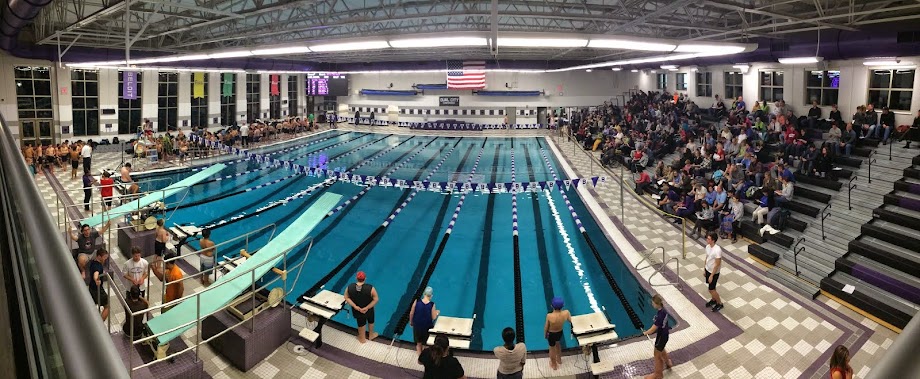Ross speaks: Fatigue and the brain
Anticipatory regulation of exercise
Apologies for the delay in posting after my lecture last week at UIC - the Chicago Marathon came and went, and since then, travels have taken too much time to post properly.
However, what I've done below is post segments of that talk, which was titled"Limits to exercise performance: World records, fatigue and unphysiological performances". Unfortunately, Jonathan was a little off at an angle, but hopefully the video is clear enough and the sound good enough to make out the argument. Just in case, the diagram is shown below the video, so you can follow it there (hopefully). Also, if you're getting this as an email, the YouTube clips might not play, so you may have to click here to go to the site and view the clip there.
The first video, 3:56 long, presents a model which I wrote about in an article published earlier this year in the British Journal of Sports Medicine, called "The anticipatory regulation of performance: the physiological basis for pacing strategies and the development of a perception-based model for exercise performance" (BJSM, 2009 Jun;43(6):392-400)
Ross speaks: Fatigue and the brain
![[RPE+model.gif]](https://blogger.googleusercontent.com/img/b/R29vZ2xl/AVvXsEgGk6BmA2g_kIilI2DASU9lbV_Rljb_hXPM-JhEw-Fhn8zU5yaXk5v-1splK8ze0esQnYzSbscXiMqWM5nJwCINBlpDkfd8VSy7fTV3qifn_9uPJid8ehIqbkP29gCv6tX6eEIJS6M998w/s1600/RPE+model.gif)
The model explained: Complex anticipation and RPE
Obviously, you're watching a part of a presentation slightly out of context, but hopefully it gives you the basic idea. This is a topic that has been covered a few times on the site - in fact, there's a whole series on Fatigue for those who are interested.
To summarize, your ability to regulate pace (which is something I'll bet you've never even think about) is vastly more complex than you may realize. Even the most basic decision of how fast to start a 5km versus a 10km race is the result of innumerable calculations, which take into account previous experience, training, motivation, environment (internal and external) and physiological changes during exercise.
It really is a remarkable system, and one which we believe is primarily regulated by the perception of effort. This is something you probably also haven't thought about much, but the way you perceive exercise is in fact so enormously complex that science is many years away from understanding it.
There is debate in science about whether your perception and the regulation of the pace is done consciously or sub-consciously, and that's where the debate seems "stuck" (or centered) right now. I suspect that, as with most things, it will turn out to be a combination, for conscious regulation is obvious (you choose to slow down), but so is unconscious regulation - you don't have to think about starting pace, and you also slow down 'involuntarily' during exercise, even though your perception of effort is not necessarily raised (very important point this).
To explain, the physiological inputs before and during exercise result in a conscious perception of effort, which is then interpreted based on the expected duration and the "template RPE", which is a construct representing what would be considered an acceptable rise in RPE. This interpretation of RPE underscores why exercise intensity changes dynamically during exercise. It explains how motivation impacts on performance, and it accounts for the effects of changing conditions on performance. This is why you speed up at the end of a race, even though your body temperature may be close to limiting, whereas you slow down in the middle, when you are not hot.
The idea that your physiology 'controls' pacing is flawed, because it ignores the importance of context - not all physiological inputs are interpreted equally!

No comments:
Post a Comment
Note: Only a member of this blog may post a comment.